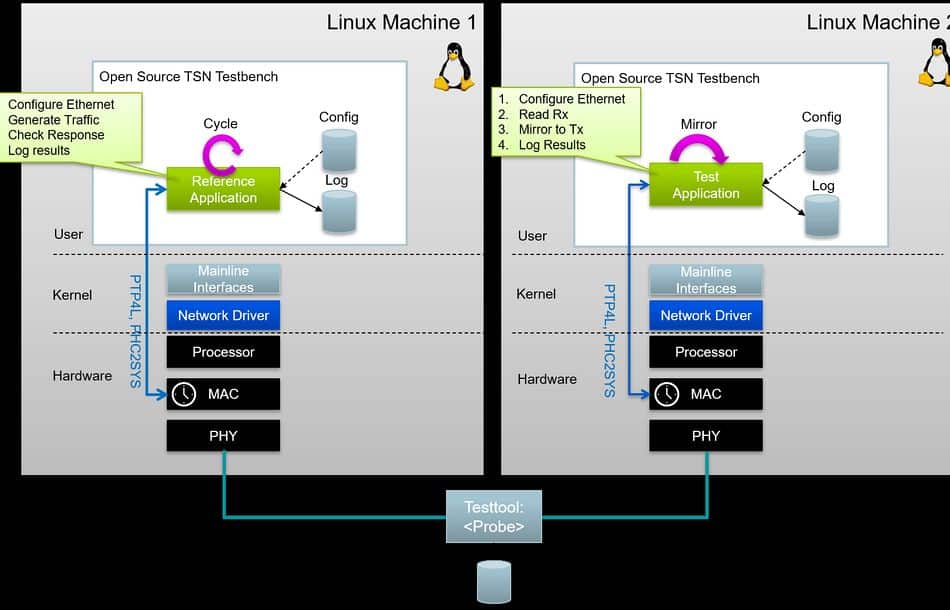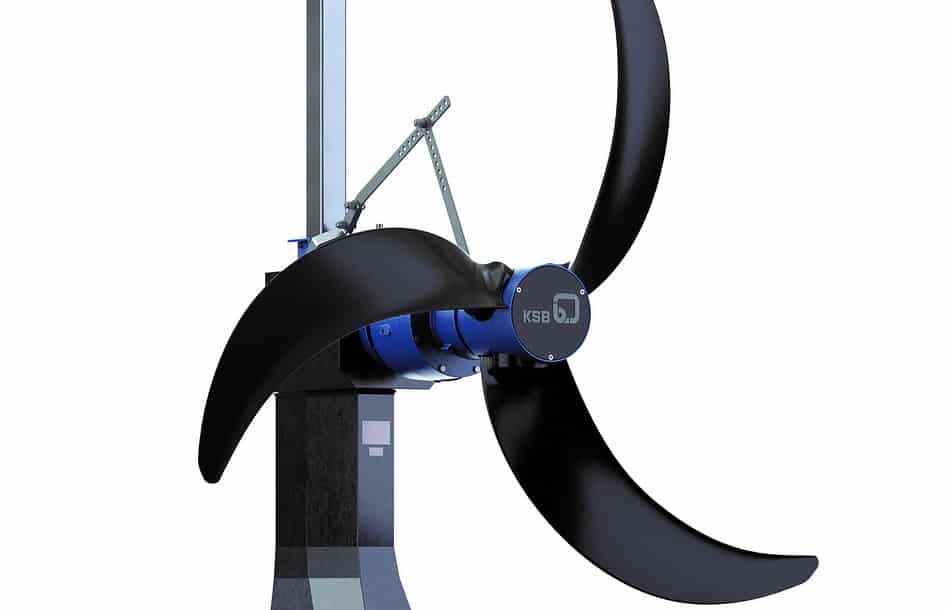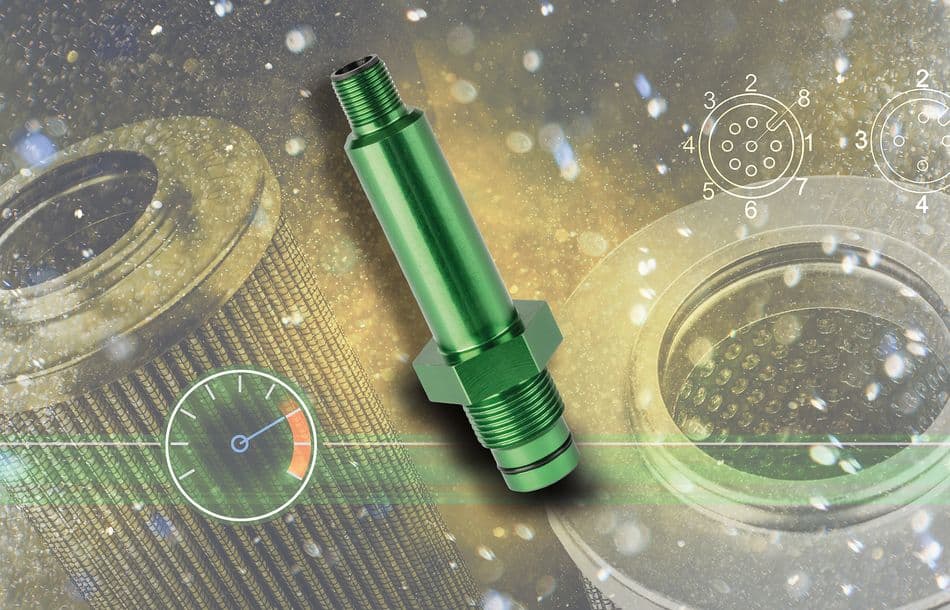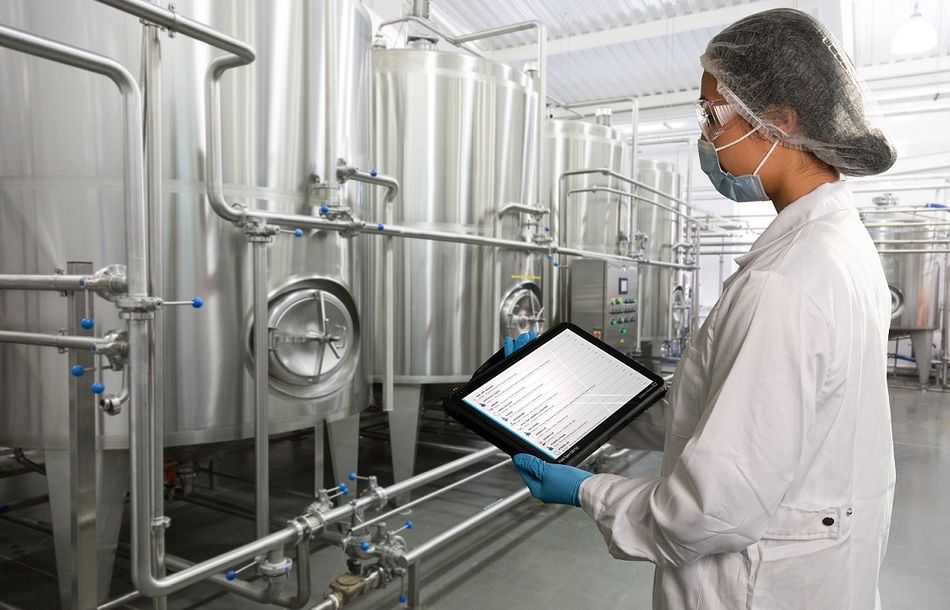IEEE TSN standards enable concurrent use of OT and IT applications across converged ethernet networks, reducing interference among the traffic. The introduction of Preempt_rt into the Linux kernel along with a multitude of enhancements to other kernel and user space subsystems, including the communications stack, has made it possible to support such mixed criticality workloads on a standard Linux kernel-based operating system. System providers can now integrate TSN-based applications on their Linux systems without vendor specific software and hardware. TSN in a Linux environment also allows the use of various industrial protocols, such as Profinet and OPC UA on the same system. This improves flexibility and portability as well as promises to reduce development costs.
System providers and software developers now need to ensure their systems, with respect to the Linux subsystem, drivers, and hardware, was implemented correctly. This requires an independent testbench that supports the evaluation of Linux systems for use with cyclic workloads. The Linux TSN Testbench was developed with this in mind.
PI (Profibus & Profinet International) as a leading industrial “ecosystem” is trying to drive the adoption of Linux and TSN for Profinet without the need for vendor specific hardware and software components. Hence, PI is supporting the opensourcing of the Linux TSN Testbench and handles, together with its cooperation partners Intel, Phoenix Contact and Siemens, the logistics and financing of the opensource offering. Others are invited to join. For the success of such an opensource offering, it is necessary to have a so called “Maintainer”. The maintainer answers user questions and manages and integrates community contributions to the ‘mainline’ code in the best possible way. The original developer of the Linux TSN Testbench, Linutronix, agreed to take on the role of the maintainer.
Thus, PI wants to ensure that the Linux TSN Testbench achieves wide market acceptance, hence the permissive BSD-2-Clause license was chosen. This License allows further development of the code and integration with the mainline code with few restrictions.
The Linux TSN Testbench is now available at https://github.com/Linutronix/TSN-Testbench. The opensource project includes documentation. Interested system and component vendors as well as software developers should take the opportunity to download the testbench, explore its capabilities and learn about the use Linux and TSN for mixed criticality environments in order to be ready to deliver Linux and TSN with Profinet and other industrial protocols.






